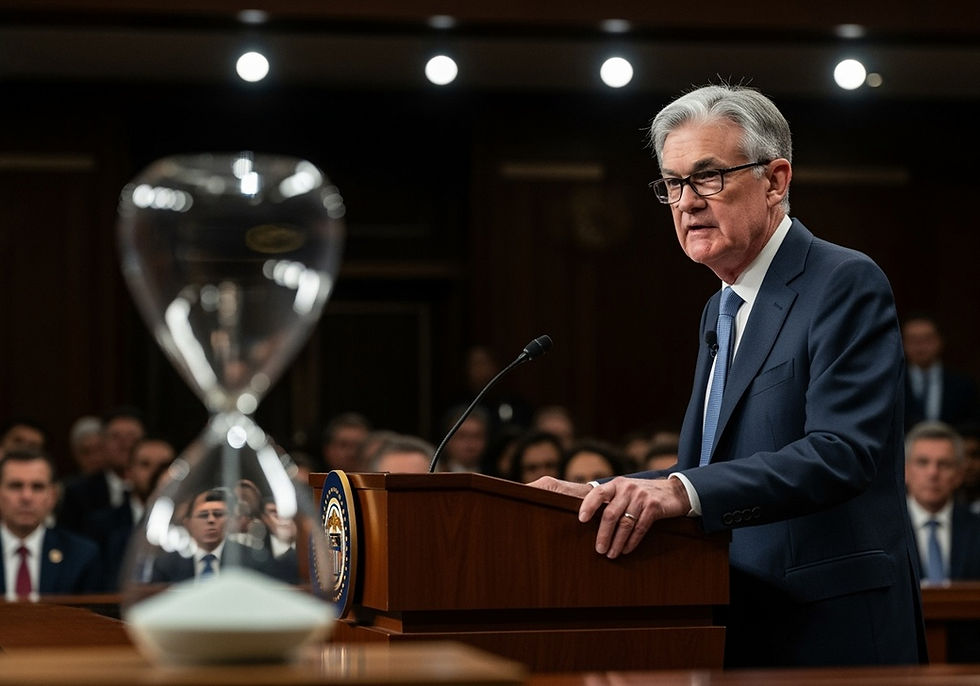What Government Shutdowns Mean for Your Investments
- Matt Oberholzer

- Sep 30, 2025
- 2 min read
Washington is making news again as the federal government might shut down if lawmakers can't agree on a new funding plan. This adds to the uncertainty investors have faced this year around government policies on trade, taxes, immigration, and other issues.
If you're an investor, you might worry about how politics could affect your money. The good news is that looking at past government shutdowns can help you understand why markets usually don't react much to these events. This can help you stay calm during political disagreements in Washington.
Past shutdowns haven't hurt markets much

Every year, the federal government needs to pass a budget by October 1. When Congress can't agree on a budget by the deadline, the government might shut down. This means some government services stop and workers are sent home without pay.
Congress rarely passes budgets on time. In fact, over the past fifty years, they've only done it a few times. Usually, they pass something called a "continuing resolution" to keep the government running while they negotiate. Right now, Republicans want a seven-week temporary funding bill.
The chart shows that shutdowns have happened many times since 1980 under both Republican and Democratic presidents. Even the longest shutdowns, like the 35-day one in 2018-2019, didn't cause lasting problems for the stock market. For investors, shutdowns are usually just temporary bumps in the road.
Why shutdowns happen

The current shutdown threat comes from disagreements about spending, mainly on healthcare. These budget fights show deeper differences about government's role and responsible spending. The federal debt is now about 120% of GDP (a measure of the economy's size), and while many agree we need to control spending, they disagree on how to do it.
This time is a bit different because the administration wants agencies to plan for permanent job cuts, not just temporary ones. This could have longer-lasting effects on jobs and government spending than typical shutdowns.
Markets care about the big picture

While some investors worry about government spending and debt, shutdowns haven't typically affected financial markets much. That's because shutdowns are temporary and don't change the underlying strength of the economy.
Shutdowns can delay important economic reports like jobs numbers and inflation data. They can also slow economic growth slightly if federal workers stop spending and government services are interrupted. But these effects are usually temporary and small.
The chart above shows that tariffs and taxes created more uncertainty for investors earlier this year. But now that those issues are clearer, uncertainty has dropped back to normal levels.




Comments